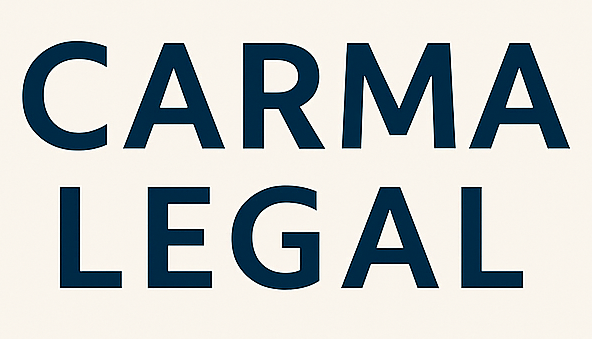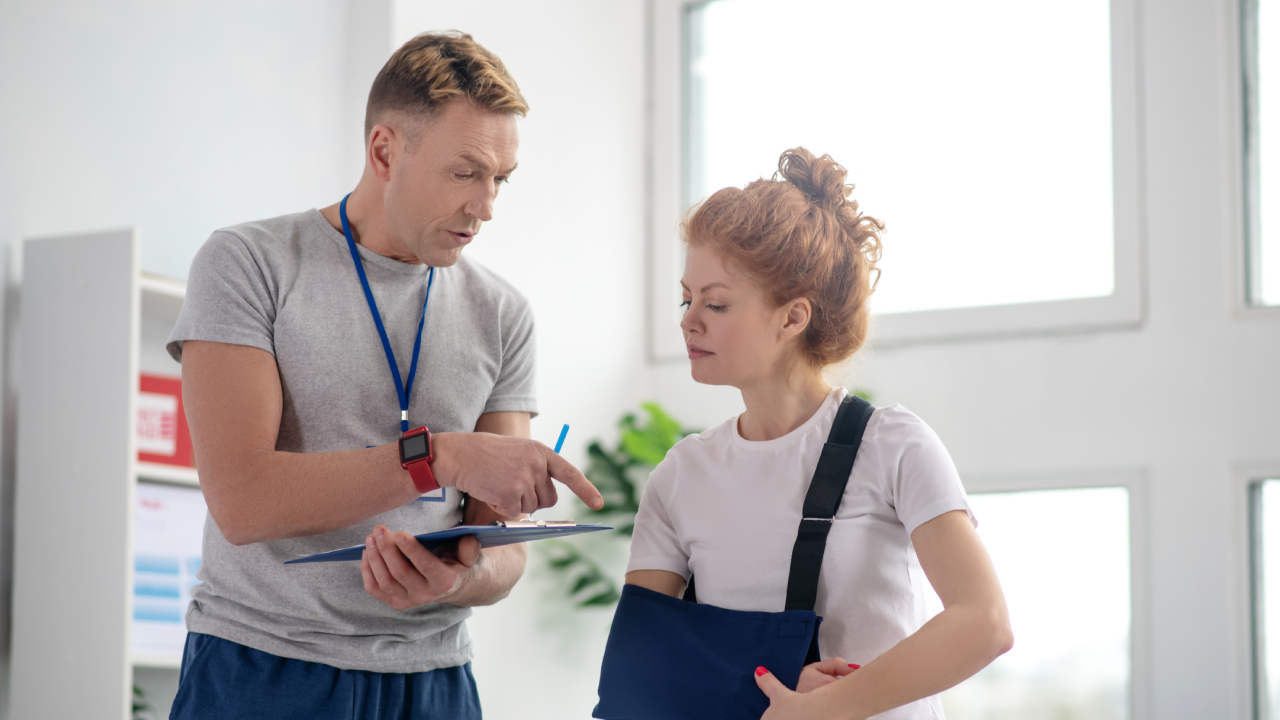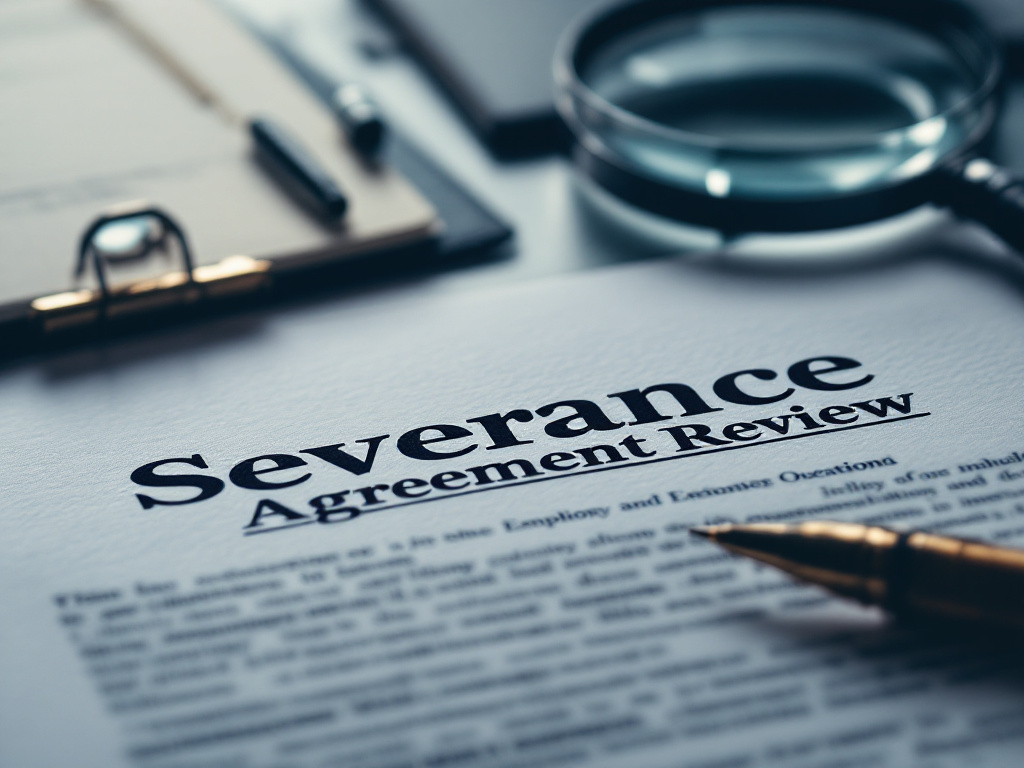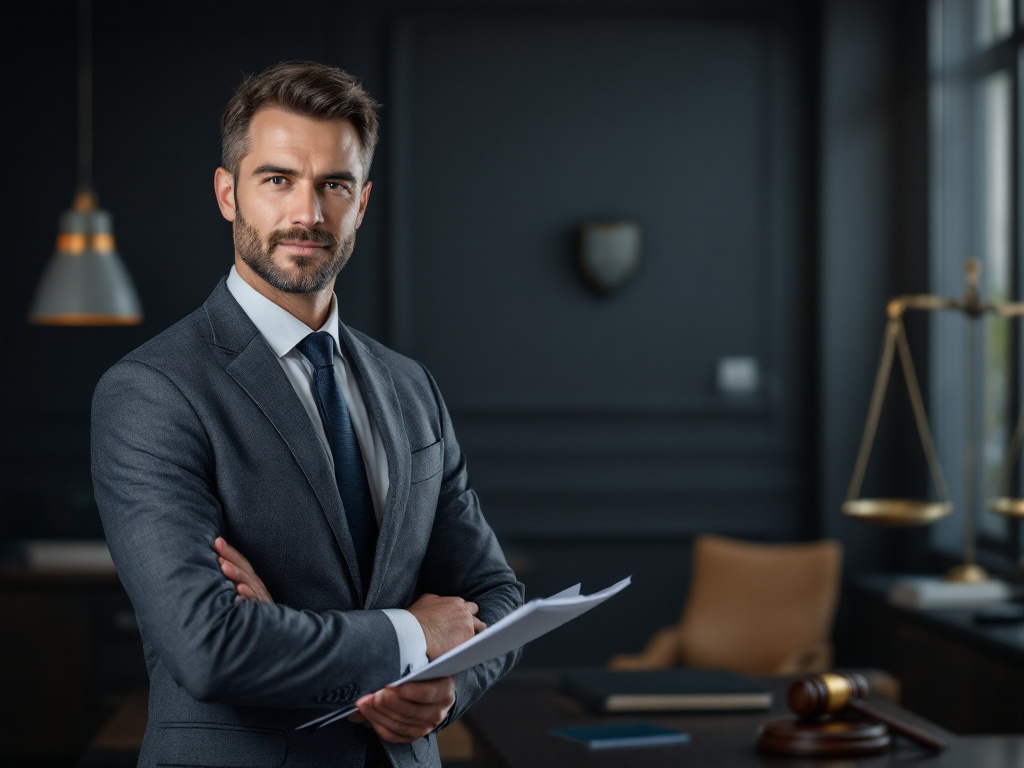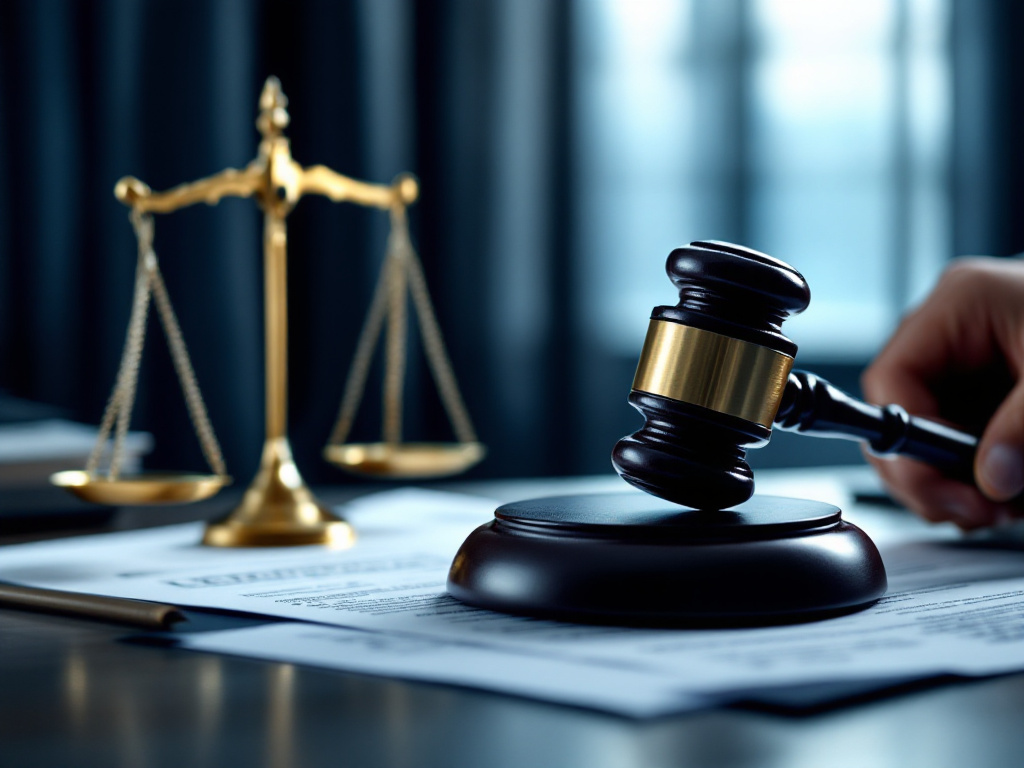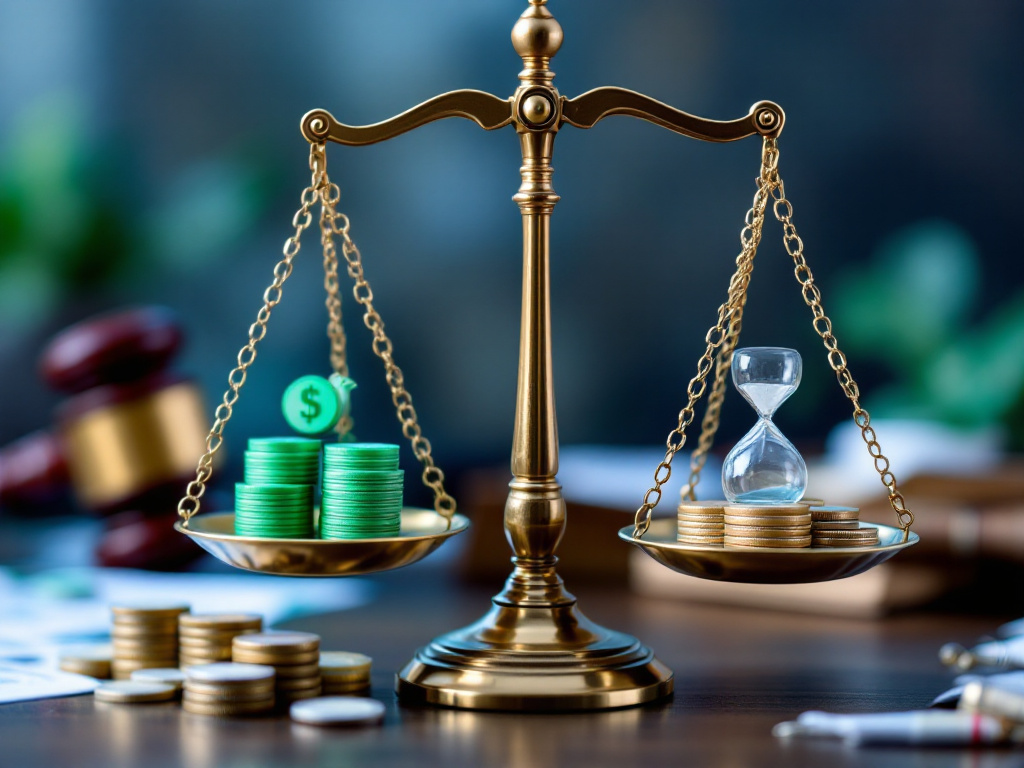Understand premises liability
If you’ve been injured because of unsafe conditions on someone else’s property, you may need a property hazard injury lawyer to guide you through the legal process and secure fair compensation. Premises liability is the area of personal injury law that covers accidents and injuries caused by dangerous or defective conditions on another person’s property. By understanding how these laws work, you can take the right steps to protect your rights and seek recovery for medical bills, lost wages, and pain and suffering.
Premises liability applies to a wide range of scenarios, from slip and fall accidents in grocery stores to dog bites in a neighbor’s yard. Whether you were a customer, a tenant, or a guest, property owners owe you a duty of care—a legal obligation to maintain their premises in a reasonably safe condition. When they breach that duty and you get hurt, you have the right to pursue a claim with the help of an experienced attorney.
Identify unsafe property conditions
Property hazards come in many forms, and recognizing them is key to proving your case. Common unsafe conditions include:
- Slippery floors from spills or freshly mopped surfaces, often leading to trip and fall accidents. Consult a slip and fall lawyer if you slipped in a retail or public setting.
- Uneven sidewalks or cracked pavement outside homes and businesses, which can cause serious sprains or fractures. A uneven sidewalk injury lawyer can advise you on your rights.
- Broken stairs, loose railings, or faulty balconies that collapse under weight, resulting in falls from height. A broken stair accident attorney specializes in these incidents.
- Inadequate lighting in parking lots, stairwells, or hallways, which increases the risk of falls and can lead to negligent security claims. You may need a negligent security attorney if poor lighting contributed to your injury.
- Swimming pool accidents caused by missing safety fences, slippery decks, or defective drains. Pool owners must maintain a safe environment to prevent drownings or injuries.
- Dog bites or animal attacks on private property. A dog bite lawyer or dog attack attorney can help you recover damages when an owner fails to control a dangerous animal.
- Grocery store hazards like spilled produce, fallen merchandise, or malfunctioning automatic doors. If you were injured in a supermarket, reach out to a grocery store slip and fall lawyer.
- Restaurant spills, loose floor mats, or cluttered aisles that lead to falls, for which a restaurant slip and fall attorney can assist.
Spotting these dangers and documenting them—through photographs, witness statements, or medical records—lays the groundwork for your claim.
Learn your duty of care
Property owners owe different levels of care depending on your status as a visitor. Understanding these categories helps clarify whether the owner breached their obligation:
| Visitor status | Duty owed | Source |
|---|---|---|
| Invitee | Highest level, includes customers and social guests. Owners must inspect, repair, and warn of hazards. | KNR Legal |
| Licensee | Includes delivery workers or social guests. Owners must warn of known dangers but need not inspect proactively. | Obral Silk Pal Personal Injury Lawyers |
| Trespasser | Lowest level. Owners must avoid willful or wanton harm but owe no duty to inspect or warn. | KNR Legal |
Property owners can be held liable if they knew or should have known about a hazard and failed to address it within a reasonable time [1]. Regular inspections and prompt repairs demonstrate a commitment to safety and can prevent costly lawsuits.
Know how claims work
To pursue a premises liability claim, you must prove that:
- The property owner owed you a duty of care.
- They breached that duty by failing to fix, warn, or inspect hazards.
- The breach directly caused your injury.
- You suffered actual damages, such as medical expenses or lost income.
Gathering solid evidence is crucial. Your lawyer will help you obtain:
- Incident reports or maintenance logs showing neglected repairs.
- Photographs or video footage of the hazard and the accident scene.
- Medical records detailing your injuries and treatment costs.
- Witness statements from anyone who saw the hazard or the accident.
- Expert testimony on building codes or safety standards.
Once liability is established, you can seek compensation for:
- Medical bills, including emergency treatment, surgeries, rehabilitation, and future care.
- Lost wages for time off work and diminished earning capacity if you cannot return to your previous job.
- Pain and suffering for physical pain, emotional distress, and reduced quality of life.
- Property damage, such as broken glasses or a damaged phone.
Average settlements for slip and fall cases typically range from $10,000 to $50,000, depending on injury severity, medical costs, and fault [2]. A skilled attorney will negotiate with insurance companies to maximize your recovery and, if necessary, litigate in court.
How a property hazard injury lawyer helps
Navigating a premises liability claim can be complex. Here is how a lawyer specializing in property hazard injuries supports your case:
-
Case evaluation
Your attorney reviews your incident details and documents to determine if you have a viable claim. They advise on potential liability and estimate fair compensation. -
Investigation and evidence gathering
Lawyers work with investigators and experts—such as building inspectors, structural engineers, or medical professionals—to uncover hazards and link them to your injury. -
Filing and deadlines
Personal injury claims are subject to statutes of limitations, which vary by state. Your lawyer ensures all paperwork is filed on time, protecting your right to sue. -
Dealing with insurance companies
Insurers often undervalue claims or deny liability. Your attorney handles communications, pushes back against lowball offers, and uses persuasive strategies to secure a favorable settlement. -
Negotiation and settlement
With a clear valuation of your damages and strong evidence, your lawyer negotiates to achieve maximum compensation. They also draft settlement agreements that protect your future interests. -
Trial representation
If negotiations stall, your attorney prepares to present your case in court. They manage all aspects of litigation, including witness preparation, depositions, and closing arguments. -
Contingency fee arrangements
Most premises injury lawyers work on a contingency fee basis—you pay nothing upfront and only owe legal fees if you win. This setup aligns your lawyer’s incentives with your best interests.
Selecting the right attorney
Choosing a lawyer experienced in premises liability and property hazard claims makes a significant difference in your outcome. Look for:
-
Specialized expertise
Verify that your attorney handles cases involving slip and falls, dog bites, negligent security, and other unsafe conditions. You can also consider a premises liability lawyer if you want broad coverage. -
Proven track record
Ask about past case results, particularly settlements and verdicts in scenarios similar to yours. -
Local knowledge
Laws and court procedures differ by state. An attorney familiar with local building codes, insurance practices, and jury tendencies can strategize more effectively. -
Clear communication
You should feel comfortable discussing sensitive details. A responsive lawyer who explains legal concepts in plain language helps you stay informed. -
Client testimonials
Reviews and references from former clients can reveal how the attorney handles negotiations, communications, and courtroom performance.
Next steps after an injury
Taking prompt action strengthens your claim and protects your rights. After an accident, you should:
-
Seek medical attention
Your health comes first. Even minor injuries can worsen over time, so get a full examination and follow all treatment recommendations. -
Report the incident
Notify the property owner, manager, or staff and request an official incident report. Keep a copy for your records. -
Document everything
Take photos of the hazard, your injuries, and the surrounding area. Collect names and contact details of witnesses. -
Preserve evidence
Save any damaged personal items and avoid cleaning or altering the accident scene until your lawyer advises otherwise. -
Consult a lawyer promptly
Contact a property hazard injury lawyer to schedule a free consultation. They will explain your rights, evaluate your case, and help you avoid common legal pitfalls. -
Avoid making statements to insurers
Insurance adjusters may try to record your comments or get you to admit fault. Direct all communications through your attorney.
Take charge of your recovery
A property hazard injury lawyer empowers you to focus on healing while they handle the legal complexities of your claim. By partnering with an experienced attorney, you can pursue full compensation for your injuries, hold negligent property owners accountable, and move forward with confidence. If you’re ready to explore your options, reach out today for a no-obligation case review and take the first step toward justice.

